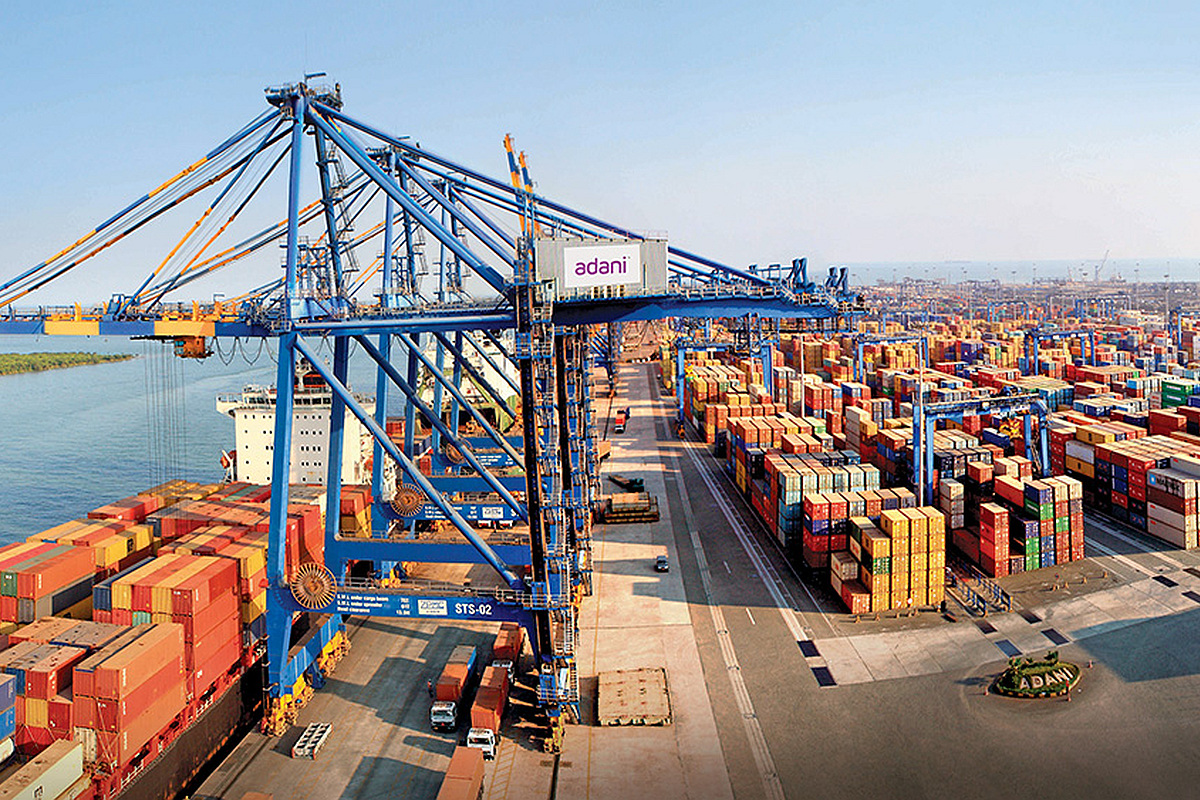The Department for Promotion of Industry and Internal Trade (DPIIT), Ministry of Commerce & Industry and the National Council of Applied Economic Research (NCAER) signed a Memorandum of Understanding (MoU) on Friday for the development of Framework & Assessment of Logistics Cost in India.
The key deliverables of the MoU are developing a detailed framework for assessment of Logistics Cost in the country; make a comprehensive study for assessment of logistics cost for year 2023-24.
Advertisement
It also aims at the assessment of differentials in logistics costs across routes, modes, products, types of cargo, and service operations, etc. as well as the identification of major determinants along with influence on the logistics in different sectors, etc.
During the open discussion with the logistics sector stakeholders and Industry associations the response was very encouraging and it was suggested that the logistics sector being very diverse in nature, commodities/ products of high value and high volume to be identified for this study purpose.
There were also suggestions to look into the intangible and indirect elements of logistics cost which also includes the cost of delay. A view was also there that from an investor perspective for the convenience of establishing business may also be considered as an element affecting the cost.
The MoU was signed by Secretary and Operations Director, NCAER, Dr. Anil Sharma and Joint Secretary, DPIIT, Dr S K Ahirwar; the occasion was graced by Secretary, DPIIT, Rajesh Kumar Singh.
Rajesh Kumar Singh spoke about the importance of data-based evaluation of our logistics Cost. During the said seminar a panel discussion on this subject was held with the participation from Senior Government officers from DPIIT and GSTN, multilateral institutes, industries, academicians, etc.
The MoU envisages NCAER to conduct the detailed study and submit the report within a years’ time. This study is likely to result in far reaching impacts for the logistics sector in India, the Ministry of Commerce & Industry said.
The Ministry said that the logistics cost of the country needs to be regularly assessed and monitored such that the data of cost variation will both benefit the industry and the policy makers. This process involves using data of trade flows, product types, industry trends and origin data pairs.









